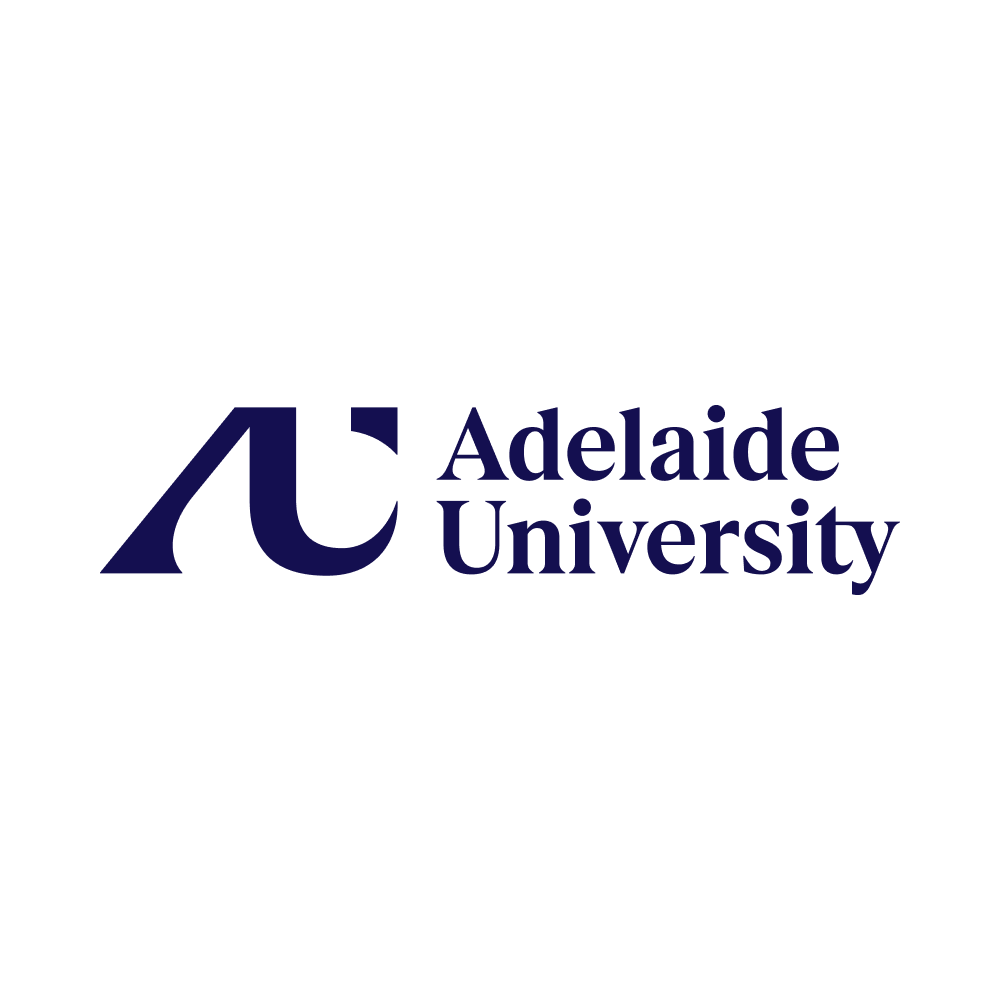Adelaide University
Graduate Certificate in Education
- Delivery: Face to Face
- Study Level: Postgraduate
- Duration: 6 months
- Course Type: Graduate Certificate
Empower students and educators to reach their full potential.

Course overview
Adelaide University's Graduate Certificate in Education is for education professionals wanting to upskill for specialist and leadership roles in educational settings. It also prepares you for higher education teaching or to transition into research.
Designed to be flexible, you’ll choose four courses aligned to your interests and career goals. Explore topics such as digital learning, neuroscience and education and wellbeing and inclusion. You can also specialise by selecting four courses from a key area of focus – there are ten to choose from.
You’ll gain an understanding of how different structures, social factors and cultural elements in educational environments affect how students learn.
You’ll analyse trends, theories and concepts in contemporary education to develop ways to improve student learning.
Key features
- Build specialist knowledge in education to advance your career.
- Choose to explore a variety of topics or specialise in a key area of interest.
- Benefit from flexible and part-time learning to fit study around your work schedule.
- Apply your learnings directly to your workplace.
- Meet your professional development requirements.
- Gain full credit for these studies (four courses) towards the Master of Education.
CSP Subsidised Fees Available
This program has a limited quota of Commonwealth Supported Places (CSP). The indicative CSP price is calculated based on first year fees for EFT. The actual fee may vary if there are choices in electives or majors.
Key facts
Magill Campus
Mount Gambier Campus
Whyalla Campus
July, 2026
What you will study
Students must complete 24 units comprising four specialisation selectives. Each course is worth six units.
Specialisation selective
Complete exactly 24 units from the following:
- Understanding Complexities Impacting Families and Communities in Early Years
- Research Design in Education
- Learning, Memory and Education
- Neuroscience and Education
- The Science of Learning
- Learning Analytics
- Artificial Intelligence in Education and Training
- Learners in a Digital Age: Innovative Practices
- Digital Learning Design and Implementation
- Instructional Leadership
- Leading Positive Change
- Mentoring for Leadership
- Leading Self and Others
- Curriculum and Policy for First Nations Education
- Culturally Responsive Pedagogy in First Nations Education
- Leading Australian First Nations Education
- Advanced Quantitative Methods for Education Research
- Advanced Qualitative Methods for Education Research
- Teaching and Learning in English Medium Instruction
- Inclusive Education for Diversity
- Leading Wellbeing and Inclusion in Education
- Wellbeing for Positive and Inclusive Communities
- Culturally Responsive Pedagogies
- Mixed Methods Research
- Children's Growth and Development
- Early Childhood Education: Contexts, History, Philosophy, Frameworks
- Islamic Education: Principles and Praxis
- First Nations Peoples, Knowledges and Culturally Responsive Teaching
- Play-based Learning, Theories and Pedagogies
- Catholic Scriptures: An Introduction
- Catholic Theology: An Introduction
- Islamic Education: Quality Teaching and Learning
- Contemporary Issues in TESOL Education
- Islamic Education: Managing Learning Environments
- Curriculum Design in Catholic Education
- Curriculum Development in EALD/TESOL
- Catholic Schools: Identity, Mission and Practice
- Islamic Education: Critical Perspectives on Curriculum, Pedagogy and Assessment
- Multilingualism, Plurilingualism and Translanguaging in Language(s) Education
- The Brain and Learning
Entry requirements
Admission criteria
To be eligible, an applicant must have achieved one of the following minimum entry requirements and fulfil any essential criteria for admission. In cases where there are more eligible applicants than available places, admission will be competitive with ranks based on the entry criteria.
- A completed bachelor's (AQF level 7) degree or equivalent from a recognised higher education institution; OR
- A minimum of five years of relevant work experience.
Outcomes
Career outcomes
You might consult on policies to help make schools more inclusive for learners with diverse needs. Perhaps you’ll use your knowledge of the brain to develop a curriculum that is engaging and play-based. You could use learner analytics to create new assessment methods and improve learner outcomes.
You could work as a:
- Inclusive Education Coordinator
- Education Policy Advisor
- Curriculum Designer
- Digital Learning Coordinator
You could work in areas such as:
- Schools
- Childcare Centres
- Government Departments
- Universities
- Training Organisations
Fees and CSP
Estimated student contribution amount per 0.5 EFTSL (24 units) in 2026: $2,369 (Commonwealth Supported Place)
Commonwealth-supported students are charged a portion of the cost of their higher education through a student contribution. Where the duration of the program is less than one year, the total cost of the program is displayed.
Commonwealth Supported Places (CSP)
A Commonwealth Supported Place is a higher education place where the Australian Government subsidises your fees so that you only pay a portion through a student contribution amount.
The amount of student contribution you’ll pay depends on:
- Number of courses you are enrolled in.
- Unit value of courses.
- Funding cluster your courses fall under.
A HECS-HELP loan allows students to borrow from the Australian Government to cover some or all of their student contribution. To be eligible for HECS-HELP, you must be studying in a Commonwealth Supported Place.

















